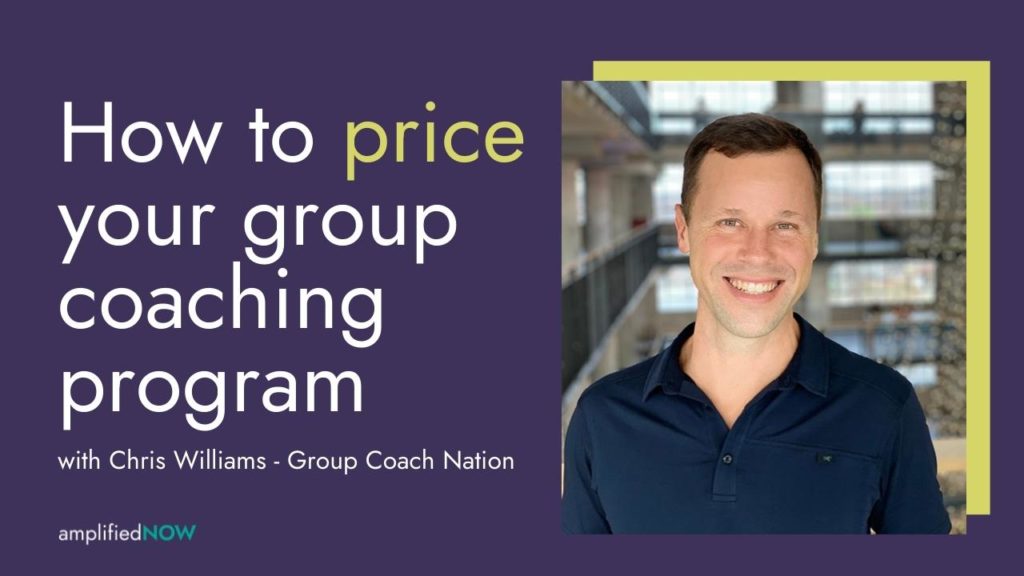The Coach Approach Versus Consultant Approach
Grab a cup of joe, folks, ‘cos we’re spilling the tea on two popular business strategies: the coach approach and the consultant approach. Don’t worry, we promise to keep the corporate jargon to a minimum!
What’s a Coach Anyway?
In the professional realm, a ‘coach’ isn’t someone shouting from the sidelines of a soccer field. These folks are versatile catalysts for change who exist to empower individuals and teams to reach their full potential. Their job’s not to provide answers, but to help people find solutions in their own sweet way.
Got it? Good! Here’s a little extra reading if you’re intrigued.
Compared to a Consultant?
A consultant is more like a guide who’s hiked the trail before. These knowledgeable gurus offer specific expertise and advice that companies hire to solve specific problems. They don’t just ask insightful questions, they give you the answers.
If you want a deeper dive, click here.
Key Differences
The Blunt Truth
Here’s the skinny. A consultant arrives with a pre-packaged solution to a client’s problem. They pinpoint what’s wrong and lay out a detailed roadmap to a better future. It’s like ordering takeout – you have a ready meal arriving fully prepared.
Coach? More Like Co-Pilot
A coach, on the other side, hops in the passenger seat with you on your journey. They help navigate, enabling you to steer towards the right path. Coaches encourage you to cook your own meal (metaphorically speaking) by enhancing your capabilities and fostering long-term growth.
Which Approach to Choose?
Well, that’s sorta like choosing between apple pie and pecan pie. Both taste great, but your choice depends on what your taste buds (or in this case, your business needs) crave.
Need a clearly defined solution ASAP? A consultant is your ticket. Looking for sustained growth, enhanced skills and profound self-awareness? Opt for a coach — they’ll set you up for long-term success.
Final Thoughts
Whether you choose a Coach approach or a Consultant approach, remember, the ultimate goal is to help you or your company scale new heights. The best choice always depends on your unique needs and circumstances.
As for now, our cup of joe is empty and we’re calling it a wrap. Stay tuned for more enlightening chit-chat about business strategies and remember — you’ve got this!
This editorial provides a comprehensive comparison between business coaches and consultants. While consultants are seen as experts who provide ready-made solutions to specific problems, coaches offer guidance and foster personal and professional growth. The article suggests that the choice between hiring a coach or a consultant largely depends on the specific needs of the business.
A strong point made is that consultants deliver pre-packaged solutions, similar to ordering a fully prepared meal. They pinpoint the problem and deliver a detailed plan to address it.
On the other hand, coaches are described as co-pilots on a business journey. They help navigate and steer the business in the right direction, focusing on enhancing skills and promoting long-term growth. It’s likened to learning how to cook one’s own meal.
The article encourages businesses to choose between a coach or a consultant based on their specific needs, whether that’s a clear solution to a problem or fostering sustained growth and skills development. The decision is compared to choosing between apple pie and pecan pie – it’s not about which one is better, but rather which one is more suited to the current situation.
The final thoughts remind businesses that the ultimate goal of both a coach and a consultant is to help the company grow, and the best choice will always depend on individual needs and circumstances. The article concludes with an encouraging message for businesses to continue learning and growing, promising more enlightening content on business strategies. This editorial article makes a thorough comparison between business consultants and coaches. It perceives consultants as experts providing ready solutions for problem-solving, and coaches as guides fostering long-term personal and professional growth. It emphasizes the fact that the decision to hire either a coach or consultant heavily depends on the unique needs of a business.
Consultants, as the article advocates, offer ready packaged solutions, akin to a ready meal, identifying and addressing business problems with a structured plan. Conversely, coaches are likened to co-pilots, steering the business towards the right direction while promoting skill-building and long-term growth. This is equated to the process of learning to cook on one’s own.
The article further advises businesses to base their choice between coach and consultant on their specific needs. This could either be seeking immediate solutions to problems or nurturing a prolonged growth and skill development process. The choice, as the piece suggests, is analogous to deciding between an apple pie and a pecan pie; which one is an ideal suit for the current situation.
In its conclusion, the article reiterates that both coaches and consultants aim at aiding growth in businesses. The decision on which to choose however, lies solely on the company depending upon its specific needs and circumstances. The piece concludes on a positive note, urging businesses to look forward to more enlightening content on business strategies. This comprehensive comparison between a business coach and a business consultant is insightful for companies looking to improve their business. The article emphasizes on the distinct roles of consultants and coaches – consultants offering immediate solutions and coaches fostering long-term growth. It also reminds companies that the decision to hire a coach or consultant should be based on their specific needs and circumstances, not a one-size-fits-all approach.
While a consultant provides immediate solutions, much like a microwaveable meal, a business coach works alongside company leaders to equip them with the skills necessary for long-term growth, similar to learning how to cook a meal from scratch.
The article uses an excellent analogy to emphasize this point, comparing the decision of hiring a coach or consultant to choosing between an apple pie and a pecan pie based on what suits the current needs.
Ultimately, the article concludes that both coaches and consultants aim to aid business growth. However, the decision on whom to hire lies solely with the company based on its specific needs and situations. It leaves businesses with a positive message, encouraging them to remain open to continuous learning and promising more informative content on business strategies in the future.


